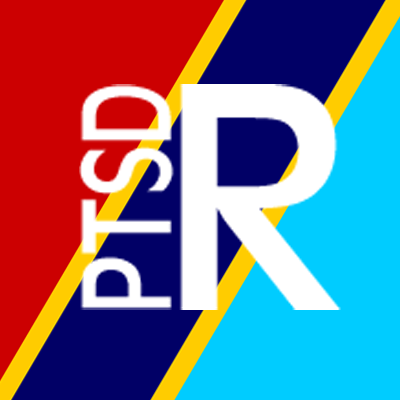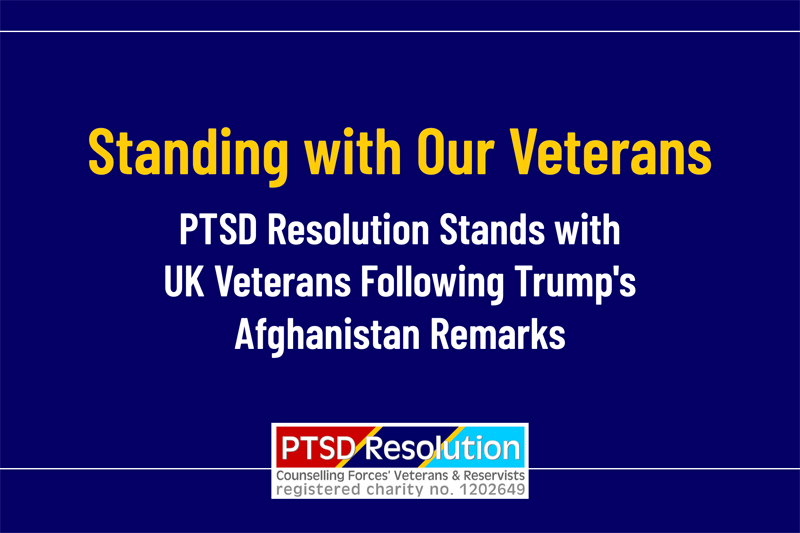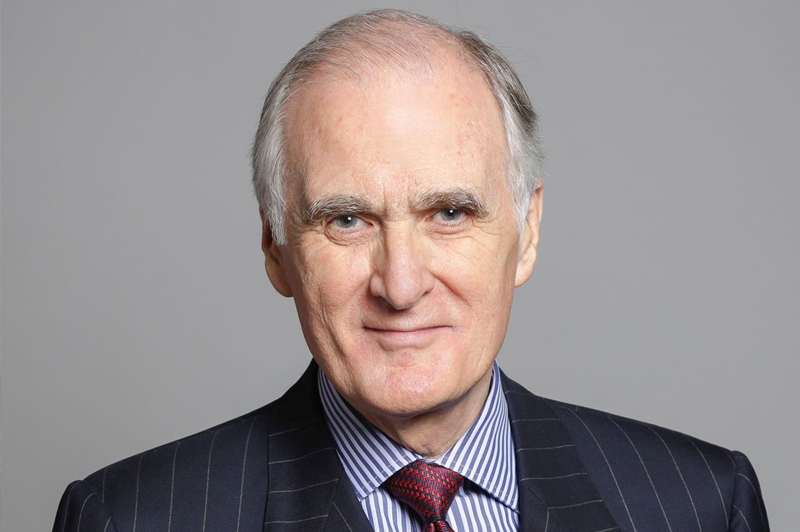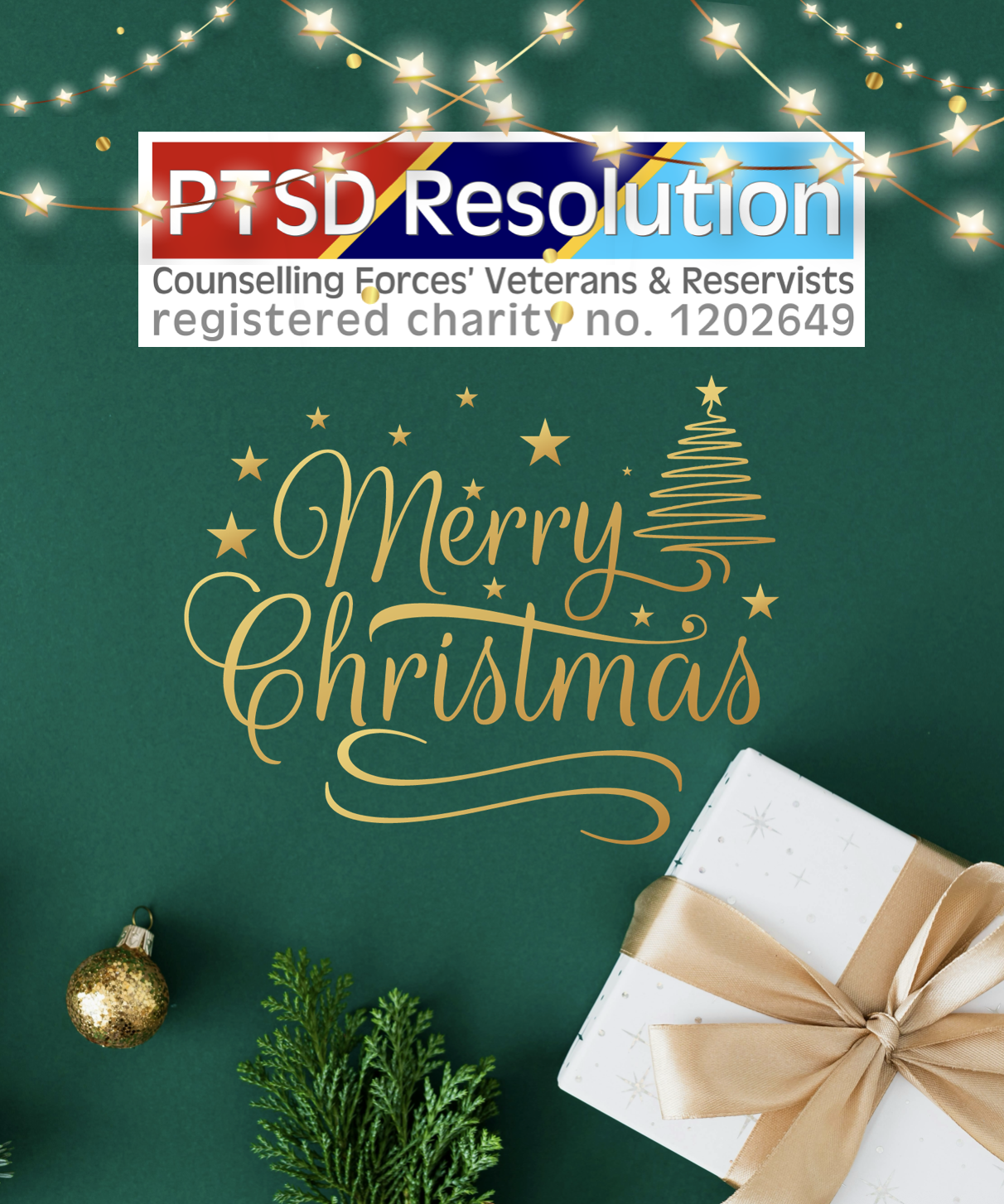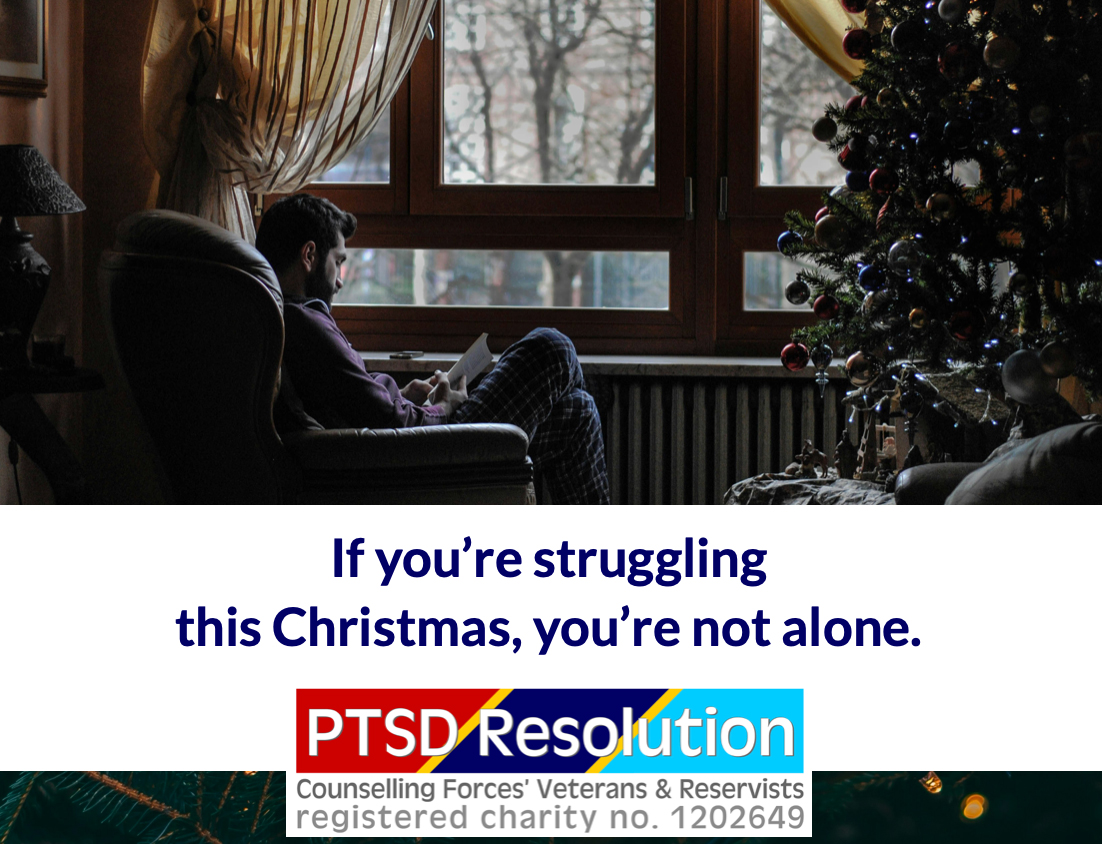80 Years After VE Day, 8th May 1945
ID: 80 Years After VE Day, 8th May 1945: Honouring the Past by Supporting Today's Veterans

80 Years After VE Day, 8th May 1945: Honouring the Past by Supporting Today's Veterans
As the UK prepares to mark the 80th anniversary of VE Day on 8th May, communities across the nation will gather to commemorate the historic moment when victory in Europe was finally secured after nearly six years of conflict. While we remember the triumph and relief felt on those jubilant streets in 1945 - we also recognise the unseen impact on many who returned home.
This VE Day we invite our friends and supporters to reflect not only on the hard-won peace, but also on the silent battles that followed for many who served - battles that, for some, continued long after the guns fell silent.
The Unseen Scars of War
Amid the celebrations of May 1945, thousands of servicemen and women returned home carrying invisible wounds that would stay with them for decades. Records show that by the end of WWII, over 20% of medical discharges from the British Army were for psychological reasons, with only about one in three Veterans with war-related trauma seeking treatment. [1]
More sobering still, research has found that 19% of British WWII Veterans still reported significant trauma symptoms when assessed in the 1990s - more than four decades after the war ended. [2]
From Past to Present
The psychological impact of combat hasn't diminished with time. While our understanding of trauma has improved significantly since 1945, many of today's Veterans face struggles remarkably similar to those experienced by the WWII generation.
"When I approached PTSD Resolution I was in utter despair," says Ben, a UK Veteran who served in Bosnia, Afghanistan and Iraq. "I was unable to hide my depression and dark destructive thoughts any longer."
Like many Veterans, Ben initially found it difficult to acknowledge that something was wrong. "The hardest part of the whole process was admitting I had a problem. It was difficult for me to admit I had a mental health issue or that such issues were even real," he explains.
A Path to Recovery
PTSD Resolution provides free, prompt and effective therapy for UK Forces' Veterans suffering from trauma-related mental health issues. With a network of 200 therapists across the UK, treatment can be delivered locally, or by phone and online. For Ben, this easily accessible support proved transformative:
"It's just a few weeks since my last therapy session and I feel much better. If I could describe it... before the treatment I felt like I was sat in the sea, with big storms on the horizon. They would hit without warning, from small waves to big crashing nightmares. What my treatment has done is reduce the number of storms - and reduce the size of the waves."
How You Can Help
As we approach 8th May, PTSD Resolution is asking supporters to "Help us help today's heroes." The charity receives no government funding and relies entirely on donations and grants. At an average cost of £940 per client, each contribution directly supports Veterans and families in need of mental health care.
"That first call for help, to PTSD Resolution, was one of the hardest of my life," Ben reflects. "But once you make the call, a world of support opens up to you. There is no judgement, only support. No pushiness, just professionalism and expertise."
Perhaps the most meaningful way to honour the sacrifice and the sheer grit of the WWII generation, is by ensuring today's Veterans receive the support they rightly deserve.
To donate, please visit: www.ptsdresolution.org/donate.php
PTSD Resolution (Charity No. 1202649) has helped over 4,500 veterans to date and is accredited by the Royal College of Psychiatrists to the Quality Network for Veterans Mental Health Services (QNVMHS).
[1] Ahrenfeldt, R.H. (1958). Psychiatry in the British Army in the Second World War. London: Routledge & Kegan Paul.
[2] Hunt, N., & Robbins, I. (2001). The long-term consequences of war: The experience of World War II. Aging & Mental Health, 5(2), 183-190.
While statistics like these provide insight into the scale of psychological trauma among British WWII Veterans, it's important to recognise that PTSD as a formal diagnosis wasn't established until 1980. Earlier studies used terms like ‘combat fatigue,’ ‘war neurosis’ or ‘battle exhaustion’ - which don't perfectly align with modern PTSD diagnostic criteria.
